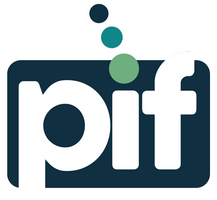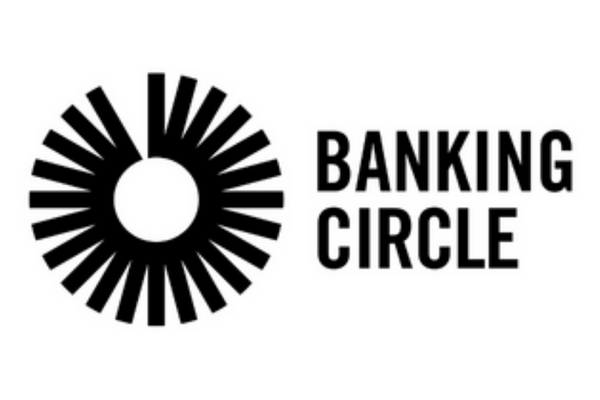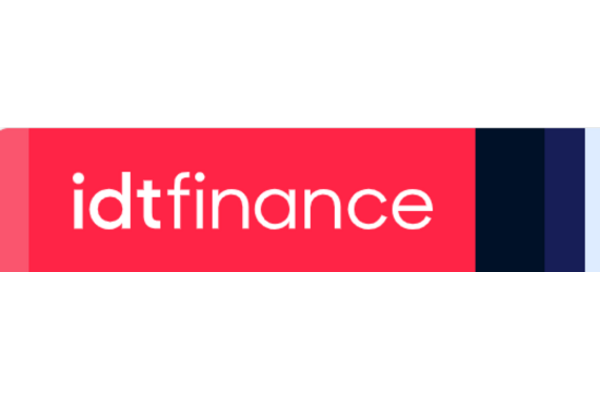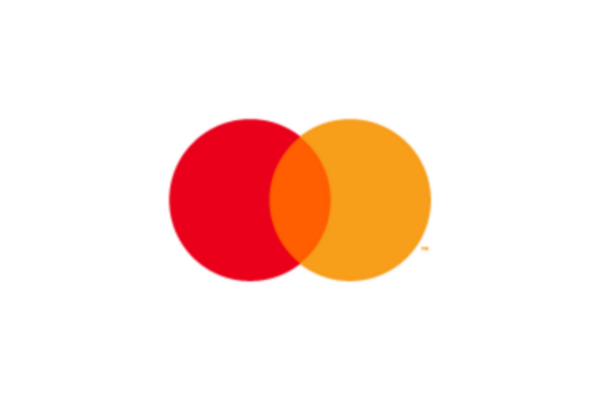Source: Banking Circle
For businesses operating in different jurisdictions, the cost and delays associated with FX and cross-border payments remain a major pain point.
Our study into SME attitudes to banking services revealed that 42% of respondents thought their bank’s fees for cross-border payments were too expensive, with 25% stating that the FX rates offered were poor.
As a result, almost 50% of SMEs surveyed had already begun using non-bank providers to gain access to better FX rates and cheaper, faster cross-border payments.
Although Non-Bank Financial Institutions (NBFIs) entering the market have increased access to better FX and cross-border payment services, there are still plenty of opportunities for further optimisation, particularly for Banks and Payments businesses serving SMEs by partnering with organisations such as Banking Circle.
FX challenges
When most people think of FX, they think of it purely as an exchange rate between two currencies, but the market is actually more complex than that. There are two types of currency exchange rates: floating and fixed.
Even experienced treasury professionals can be caught off guard due to currency fluctuations, particularly when dealing with currency prices on a floating rate. Floating rates are determined by the supply and demand of global currency markets – if demand is high, the value of that currency increases, and if demand is low, the value decreases.
It can be difficult to predict when these rates will change, as the market can be affected by a number of geopolitical and economic factors. Some of the most traded currency pairs include EUR/USD, USD/JPY, GBP/USD, USD/CAD and USD/CNY.
Fixed rates (also known as pegged), on the other hand, are determined by the central bank of a government. These rates are pegged to another major currency, and the government maintains its exchange rate by buying and selling its own currency against the currency to which it is pegged (for example, Saudi Arabia is pegged to the US Dollar).
By pegging between two currencies in this way, a stable exchange rate can be maintained. While pegged currencies offer more stability to the country pegged to the major currency, it can also be risky, as to be able to maintain this, huge FX reserves need to be made available. This can cause serious issues with inflation.
The more currencies a business needs to deal with, the more complex and costly it becomes. Not only do they have to consider the different currencies, but charges may also be added depending on the method in which the payments are made.
Although many banks have begun offering better exchange rates, due in part to increased competition from NBFIs, they often lack transparency when it comes to transaction fees. Additional fees may also be added by card schemes, for example, when a business is using corporate credit cards across borders when more than one currency pair is used (i.e. from GBP to EUR, and then EUR to DKK).
Improving the FX process
Payments businesses and Banks should provide support to clients with FX requirements by providing them with insights on how the process can be improved.
Businesses first need to understand the different types of FX charges that apply depending on what type of transaction they are making (i.e. card payments, direct debits, digital wallets etc.). A big part of this is being aware of all parties involved in the transaction process.
There should be agreements in place to ensure transparency in the rates and fees being charged for currency conversion, with a clear indication of the exchange rate source being used.
When it comes to FX strategy, businesses need to be mindful of transaction settlement times and the risks this can present due to parties not having sufficient funds to cover inflows and outflows from their accounts. Regulatory checks can also cause delays in settlement.
Finally, a robust FX strategy looks beyond the most common currency pairs, planning for the additional costs and delays that may occur when dealing with peripheral currencies or one-off payments.
Cross-border payment challenges
Cross-border payments that occur outside of SEPA will require some element of foreign exchange. Many of the same risks that apply to FX, apply to cross-border payments, too.
When counterparties are based in different jurisdictions, for example, a UK company wants to pay a supplier who is located in Denmark, but whose bank is based in Germany, they may end up paying for unnecessary conversions. In this scenario, the payment from the UK business is paid in Danish Kroner, which then needs to be converted into Euros. Not only does this increase costs, but it also slows down the settlement process.
Improving the cross-border payments process
Simplicity is key when it comes to reducing friction around cross-border payments.
Cutting out unnecessary steps between intermediary currencies and looking for a partner who can keep the chain as short as possible between buyer and seller are good first steps.
As with FX, selecting partners who are transparent about costs and fees is critical, as is selecting one with a deep liquidity pool, as they are able to secure better pricing for transactions.
Efficiency is also key. Partners who offer cloud-based applications and APIs, which are secure, reliable, and integrate well with payment partner technology stacks can deliver faster and more efficient FX and cross-border payments.
How does Banking Circle help Banks and Payments businesses?
Banking Circle is a leading provider of foreign exchange services.
With access to multiple pools of deep liquidity, Banking Circle is able to offer Payments businesses and Banks optimal pricing for their customers’ FX and cross-border transactions, with the maximum possible transparency regarding fees and pricing.
Our cloud-based systems feature modern, flexible and open API environments that are easy to integrate with internal payments software – reducing the number of intermediaries needed.
To find out more about how Banking Circle can improve your FX and cross-border payments offering, get in touch.
Our white paper ‘Optimising FX and cross-border payments’ is available to download here.







